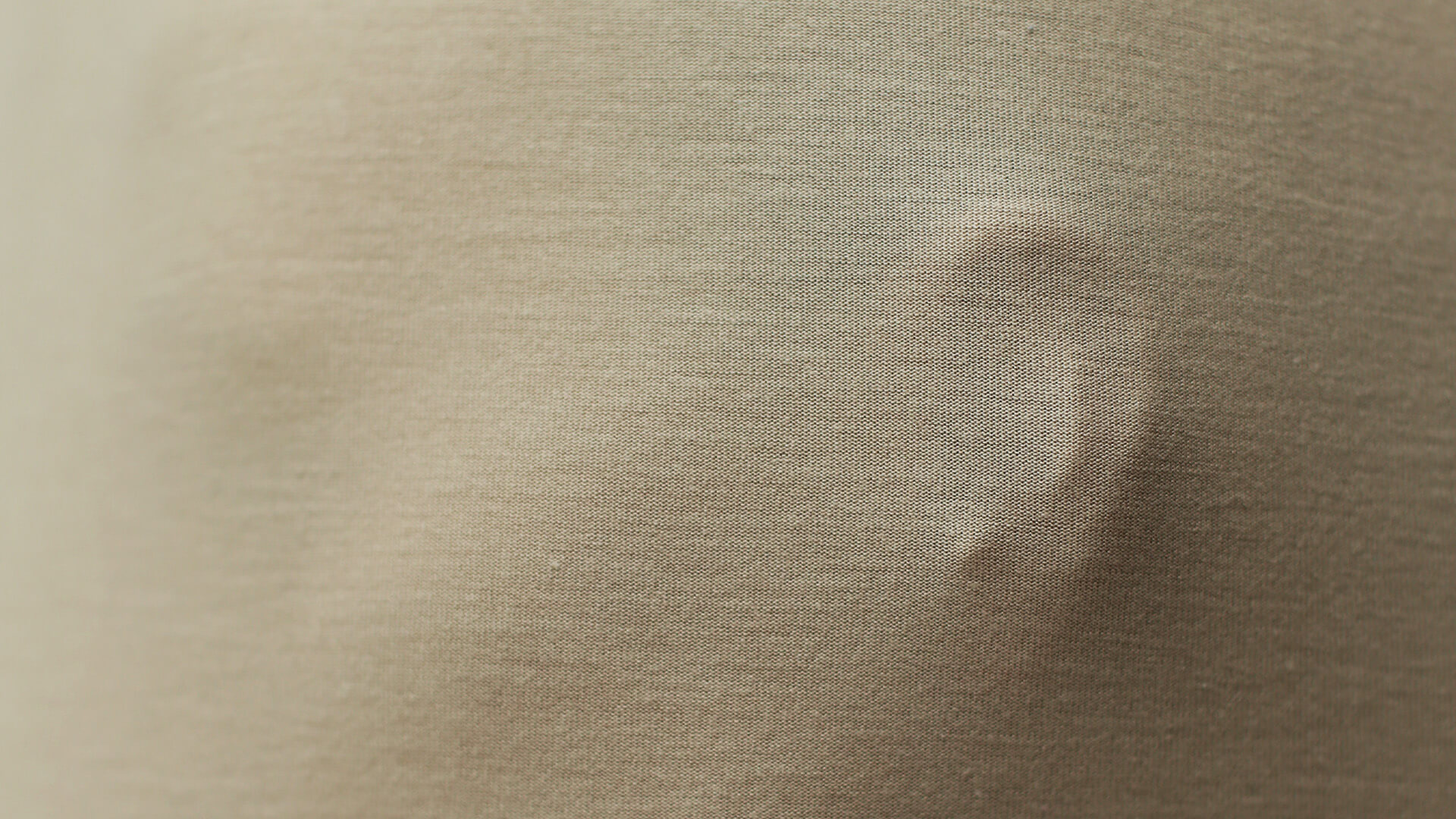Conductive hearing loss can occur whenever something inhibits sounds from crossing the outer and middle ear.
This form of hearing loss in adults and children can be caused by a variety of circumstances.
Table of Contents
Conductive Hearing Loss: Definition
Your ear is divided into three sections: the outside, middle, and inner ear, and a conductive hearing loss occurs when sounds are unable to pass between the outer and middle ear.
In other words, a conductive hearing loss occurs when the transmission of sound from the outer ear via the middle ear and into the inner ear is the root of the hearing loss.
There are four levels of conductive hearing loss: mild, moderate, severe, and profound. It may be difficult to hear subtle sounds, and sounds that are louder may be muted.
What Causes Conductive Hearing Loss?
Your ears are complex networks of parts that work together to provide effective hearing. If a liquid, foreign substance, or structural component of the ear prevents the outer or middle ear from passing sound waves to the inner ear, conductive hearing loss may result.
Conductive hearing loss in the middle ear results from persistent middle ear infections or “glue ear,” in which fluids fill the middle ear and prevent the eardrum from moving. Additionally, conditions, harm, and structural alterations in the middle ear can result in conductive hearing loss.
Conductive hearing loss can also be brought on by otosclerosis, an abnormal development of bone in the middle ear.
The American Speech-Language-Hearing Association lists the following as typical contributors to this type of hearing loss:
- Ear infections
- Accumulation of fluid in the middle ear (usually due to allergies or a cold)
- Hole in the eardrum
- Blockage by earwax
- An item is stuck in the ear.
- Harmless tumors
- Structural issues with the middle or outer ear
What Are the Symptoms of Conductive Hearing Loss?
Conductive hearing loss diminishes the capacity to hear at a normal volume, therefore, partial or complete loss of hearing is one of the signs of conductive hearing loss.
The symptoms of this kind of hearing loss might be modest, particularly with earwax buildup or fluid accumulation, but they can become more severe over time.
Watch out for these signs:
- Distorted hearing
- Difficulty hearing soft noises
- Dizziness
- Hearing loss with time
- An earache
- Drainage of liquid from the ear
- Having clogged or full-headed ears
If your doctor suspects you have conductive hearing loss, they will run a series of hearing tests to confirm the diagnosis:
- Physical assessment – This examines for physical problems including perforations in the eardrum and obstructions of the external auditory canal caused by malignancies or infections.
- Rinne hearing evaluation – This test separates sounds that are conveyed through bone conduction from those that are transferred through air conduction in order to identify conductive hearing loss in one ear at a time.
- Weber hearing evaluation – This short test may find both conductive and sensorineural hearing loss in each ear.
- An audiogram test.
Hearing Loss Workers Compensation Benefits
The Workers Compensation Program was established in 1911 to encourage employers to make the workplace safer by requiring safety programs and the use of safety devices.
Since 1911, there have been over 2.5 million workers compensation claims filed. Hearing loss workers compensation claims now rank #3 in the number of occupational disease claims filed.
Hearing loss workers compensation benefits are largely undiscovered benefits covering hearing health care, which is often uninsured. Many health insurance policies and programs like Medicare do not cover hearing aid purchases but workers compensation can. It also pays for the disability of hearing loss just as it does for the loss of eyesight or other injuries.
Aging populations, advances in technology, and greater sensitivity to hearing loss are bringing more attention to financing hearing health care. For the most part, those who qualify for hearing loss workers compensation benefits under are retired hearing-impaired workers who live on fixed incomes.
Always feel free to ask Johnson Law Offices about the process, the law, or an individual case. The legal, medical, and audio-metric questions that come into play in a hearing loss workers compensation claim can be complicated.
The claims require attention to detail mixed with an ability to work well with hearing-impaired retirees and their families, especially spouses, and their hearing health care professionals.
Sources
Contact Us
If you, or anyone you know, worked in noise and suffers from hearing loss, please do not hesitate to contact us.
Contact Us


